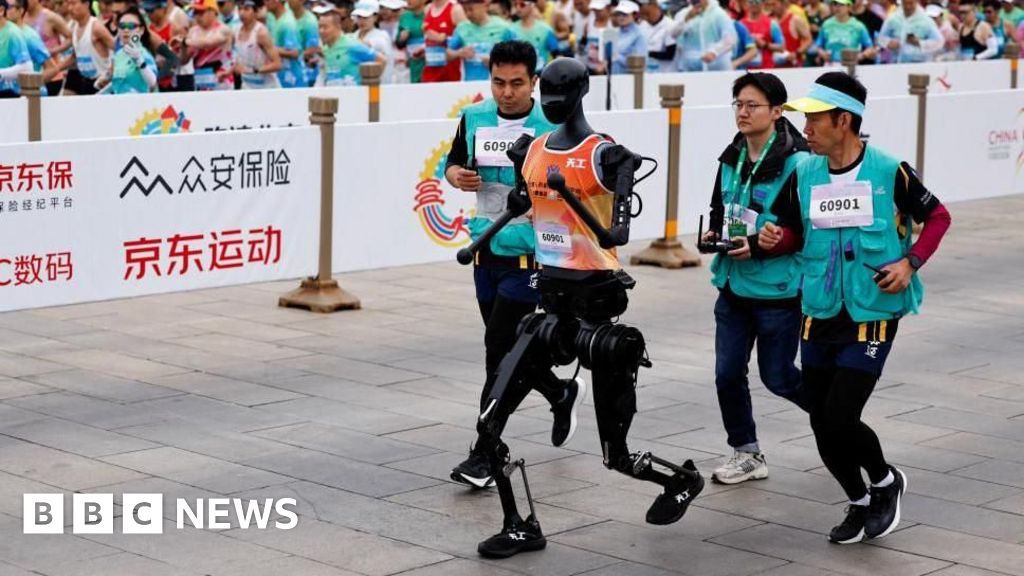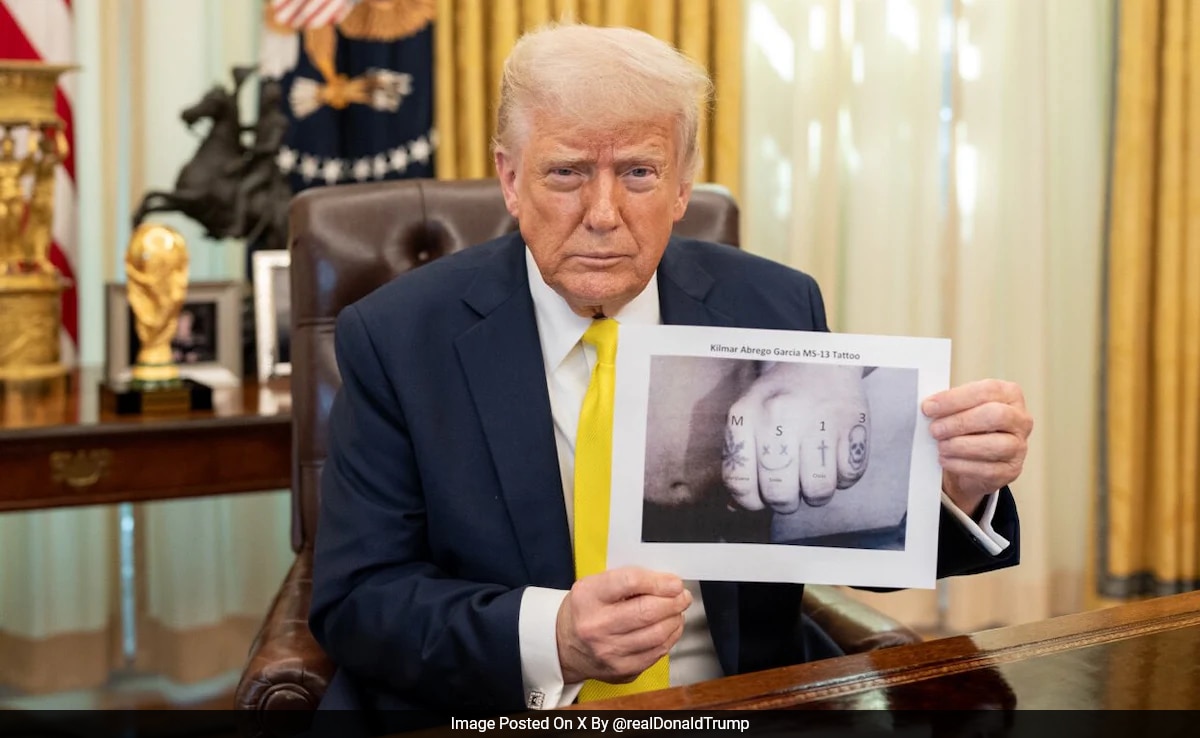Tens of thousands of Germans are expected to join around 120 peace protests across Germany this weekend, as Germany's peace movement prepares for its traditional Easter peace marches — even as the presumptive next German government under Chancellor Friedrich Merz is getting ready to spend billions on rearming the country and is seeking to boost the number of Bundeswehr recruits from now 83,000 to 203,000 by 2031 with a voluntary program.
German public opinion on war and peace are currently complex: Surveys by the Forsa research institute (carried out in March and April for media outlets RTL and NTV) found that while a majority of Germans (54%) now fear that the country could get dragged into the Ukraine war, only one in six of the population would be prepared to fight for the country.
The Easter marches themselves are very eclectic, with each of the 120 protests publishing their own appeals that make different demands and foreground different conflicts around the world — but according to Kristian Golla, who is helping to coordinate the demos through the organization Network of the German Peace Movement, there are a few key demands common to all: The demos all oppose the "excessive arms build-up in Germany and Europe," call for more diplomatic efforts to end wars "especially those in Ukraine and Gaza," demand the dismantling of all nuclear weapons, and oppose the stationing of medium-range ballistic missiles in Europe.
"I think it's important to point out that there are alternatives — that it's not just about rearmament, rearmament, rearmament — is that the right path?" Golla told DW. "I think the politicians are trying to offer a solution that isn't really a solution. Is it really true that once Russia has occupied Ukraine, they would then occupy half of Western Europe? I'm very unsure whether that is really true."
Understaffed German military seeks to grow ranks
Golla was also keen to underline that the German peace movement is not exclusively pacifist. "There are those who don't fundamentally oppose the use of violence," he said. "It's the purpose of the movement to ask the question: What conflicts are there and how can they be resolved? Can conflicts only be resolved militarily, or are there other points?"
Difficult times for pacifists
Olaf Müller, pacifist and philosophy professor at Berlin's Humboldt University, thinks that Germany's peace movement is at one of its lowest ebbs in decades. "I think the peace movement is demoralized," he told DW. "And one of the reasons is that if you take to the streets against militarism now you are instantly suspected of playing into Putin's hands."
It's certainly true that despite this week's protests, the German peace movement has experienced a drastic decline since its heyday in the 1980s, as the Cold War was slowly drawing to a close and freedom movements were spreading across communist Europe.
In 1983, for instance, some four million West Germans had signed the so-called "Krefeld Appeal," demanding that the West German government withdraw its promise to allow medium-range ballistic missiles to be stationed in the country — one of the key demands of this weekend's Easter Marches.
There's a good reason for this: Germans are increasingly frightened of war, not least because of recent developments in the White House. "The Germans are scared right now because they're no longer sure that the security guarantee of the NATO treaty will hold," said Müller.
Müller believes that there are practical alternatives to military defense, and argues that if Germany were to reintroduce military service, people should be given the alternative of training in non-violent civil resistance and civil disobedience. (Some Ukrainian towns and people have indeed practiced such methods against the Russian invaders.)
What happened to the peace movement?
Annette Ohme-Reinicke, sociologist at Stuttgart University and author of a book on the history of social movements, thinks Germany's peace movement has been undermined by other worries since the end of the Cold War, when society began "looking away" from the issues of war and defense.
In the meantime, she argues, Germans have become much more preoccupied with social concerns: The difficulties of inflation, the rise in rents, and simply trying to secure a living have created a sense of anxiety in the population, while a more neoliberal economic system, and the individualism that comes with it, has undermined social movements in general.
"It's a completely different mood than in the 60s and 70s," she said. "I think that has made the population more vulnerable to issues that create fear and drives them to feel like they must join one side or another."
Ohme-Reinicke also argues that there's a growing disconnect between government concerns about national security and the population's concerns about their own safety. "I think trying to bridge this discrepancy is currently a huge task for the peace movement."
US military aid to Ukraine on hold: A win for Putin?
Polarization kills peace?
At the same time, Ohme-Reinicke sees a failure in Germany's debate culture and more polarization, which has led to people being increasingly worried about being branded if they join a peace demo.
That is exacerbated by the fact that the Alternative for Germany (AfD), which is supported by a quarter of all voters according to the latest polls, has now also adopted a more pacifist stance towards Russia, and few in Germany's traditionally left-wing peace movement wish to be associated with the far right.
For Müller, the key would be to be careful about what Germany invests in — if Germany must buy weapons, then they should be as defensive as possible: Air defense systems, reconnaissance technology, logistics that ensure Germany is able to get defensive troops to NATO's eastern border.
Political scientists Klaus Schlichte and Stephan Hensell from the University of Bremen urge a think-ahead: "As outrageous as it may seem at the moment, anyone interested in Europe's stability will have to start thinking about initiating a new disarmament process now. The carte blanche for armaments, which was hastily decided upon, should actually be the reason for all experts to think about such solutions to the security dilemma. That would be the historical mission of peace research, they wrote in the national Frankfurter Rundschau daily.
Edited by Rina Goldenberg
While you're here: Every Tuesday, DW editors round up what is happening in German politics and society. You can sign up here for the weekly email newsletter Berlin Briefing.

 1 day ago
7
1 day ago
7









